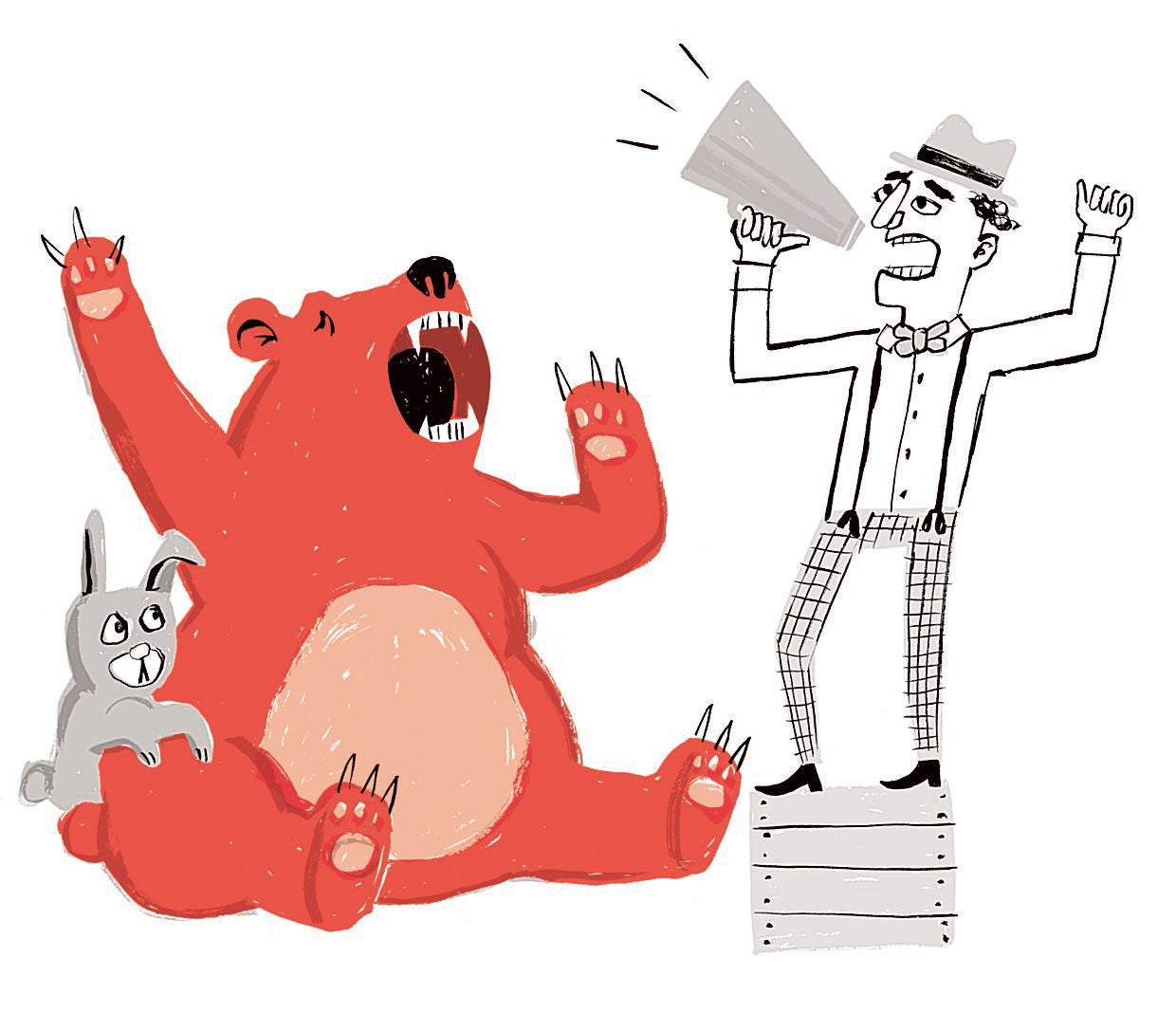Tom Hodgkinson: Who arrives at the door when the pig has been killed? The Methodist minister

Your support helps us to tell the story
From reproductive rights to climate change to Big Tech, The Independent is on the ground when the story is developing. Whether it's investigating the financials of Elon Musk's pro-Trump PAC or producing our latest documentary, 'The A Word', which shines a light on the American women fighting for reproductive rights, we know how important it is to parse out the facts from the messaging.
At such a critical moment in US history, we need reporters on the ground. Your donation allows us to keep sending journalists to speak to both sides of the story.
The Independent is trusted by Americans across the entire political spectrum. And unlike many other quality news outlets, we choose not to lock Americans out of our reporting and analysis with paywalls. We believe quality journalism should be available to everyone, paid for by those who can afford it.
Your support makes all the difference.When watching television with my children, I attempt to keep up a stream of anti-consumerist propaganda. “The sole purpose of ITV,” I tell them, “is to sell advertising space to brands and make money for the owners.”
“It’s to entertain as well,” they argue back.
“But only in the service of selling product.”
The advertising works. It works in a very obvious way on Henry, my youngest child. “I so want one of those!” he will say after watching a clever ad for some gewgaw.
“It’s like Twitter and Facebook,” I insist. “You are not the customer. You are the product. Twitter, Facebook and ITV sell you to the highest bidder.”
Some people might think such Situationist diatribes rather ruin the fun of I’m a Celebrity, Get Me Out of Here, but I reckon it improves the experience. It gives it purpose.
I’m a Celebrity… attracts 12 million viewers, four million more than The X Factor. During a one-hour broadcast, there are five ad breaks, each of which, by my reckoning, comprises 10 or so ads, all competing for our debt. So we view around 50 ads per show. There are ads for Asda, Tesco and Aldi, each selling the fantasy of a harmonious family Christmas which can be purchased by choosing their products. Fast-food outlets KFC and McDonald’s. Department stores such as John Lewis. Tech items such as the iPhone, Google Chrome, Toshiba tablets. British Gas is in there (good to see it’s spending money on reducing our energy bills).
And how are we going to pay for this stuff? Easy. Money-lenders Wonga bought a slot, as did money-lenders Barclays. That awful Lloyd’s ad, the one about Rosie’s Diner, a purely fictitious story by the way, performed by actors, pops up. Each gives me the chance to pour some counter-propaganda down the kids’ throats. “Wonga are usurers, they extract profit from poverty!” I bellow. “They would have been sent to hell in the Middle Ages.” My daughter Delilah, 11, looks up from her iPad, on which she has presumably been absorbing other advertisements. “Any company that can afford an ad on telly is making too much money!” I inform them.
Now, I have nothing against business. I run one. I am of the view of GK Chesterton, who said that the problem with capitalism is that it does not produce enough capitalists. My vision of a just society is not a socialist utopia where an enlightened state protects and guides its citizens. It is of a federation of small businesspeople with lots of leisure time for education and merry-making.
In our current system, practically everyone works for either the state or a big company. Six million people work for the government – a fifth of the working population. There are 3.5 million self-employed, but 250,000 are GPs, so they don’t count, since they live off the alliance between state and drugs companies. Of the others, many work for the government indirectly, servicing councils and state. The total income-tax pot is £470bn, and there are a lot of people competing for a slice.
There was one small ray of light within the barrage of corporate communication: an ad for Small Business Saturday. An American idea, it is designed to get people to support their local small businesses. I hope it works. Unfortunately, it encourages people to use those tiny cottage industries Facebook and Twitter to “spread the word”. It was good, though, to see a voice on telly standing up for the independents.
Our day will come – until then I will have to content myself with the time-honoured revolutionary tactic of shouting at the TV.
Tom Hodgkinson is editor of 'The Idler'
Join our commenting forum
Join thought-provoking conversations, follow other Independent readers and see their replies
Comments